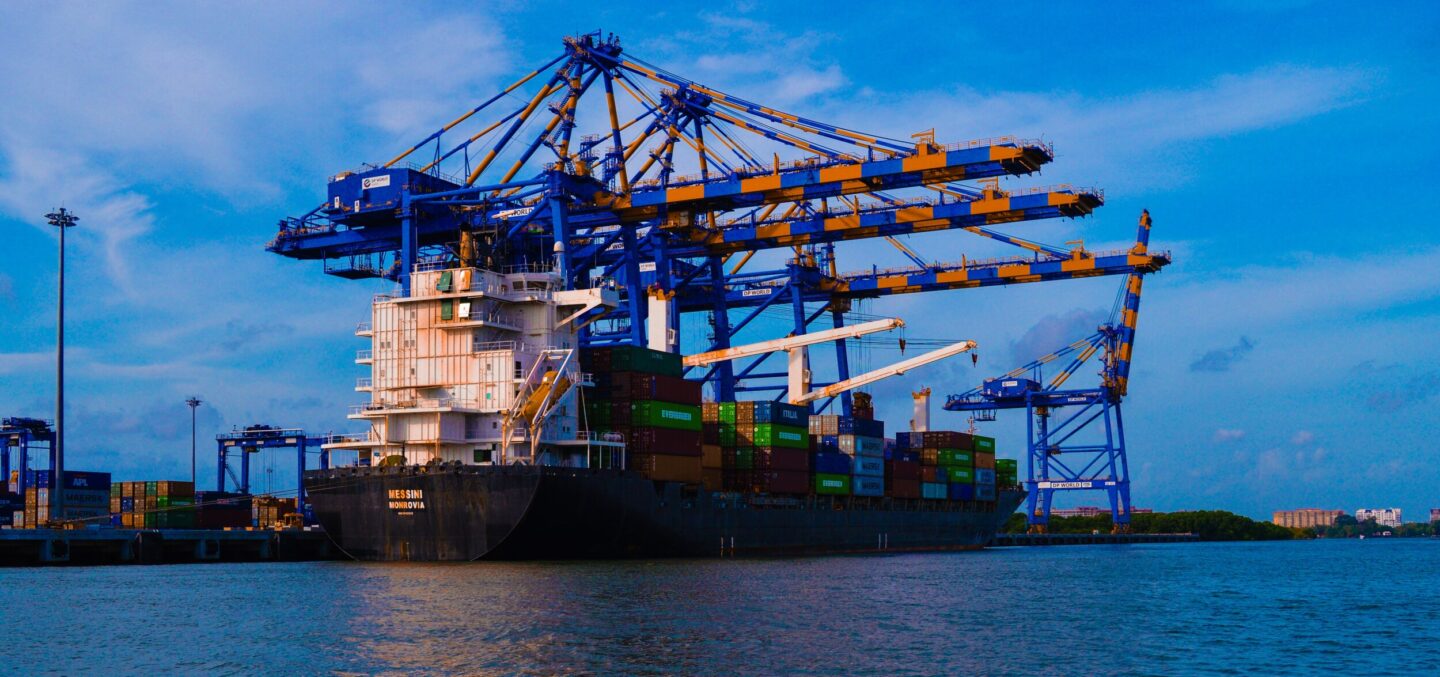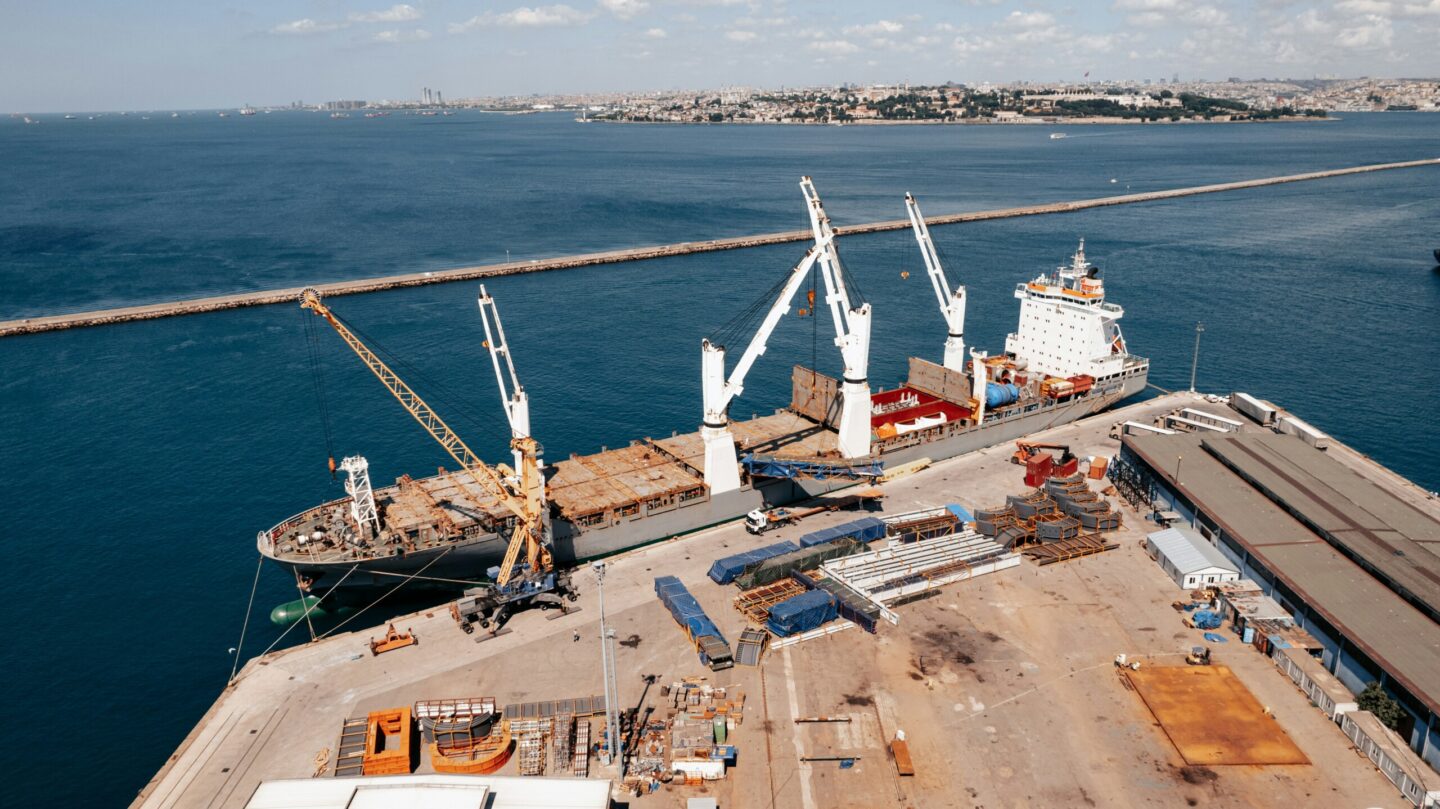Supply chain strategy in India:
Why India is an important manufacturing hub for international companies
As multinational companies accelerate their supply chain diversification strategies, India has emerged as a compelling alternative to traditional sourcing destinations. The China plus one strategy driving this shift has positioned India as more than just a cost-effective option: it’s becoming a strategic imperative for resilient global supply chains.
However, setting up supply chain operations in India requires more than drive. While India offers significant advantages as a sourcing and manufacturing hub, success depends on understanding both the opportunities the country offers and the complexities that come with them.

The India advantage: compelling factors for foreign companies
India’s manufacturing hub
status is built on several compelling factors:
- Cost competitiveness across labor, materials, and operations
- Skilled workforce with strong technical capabilities
- Growing domestic market offering dual benefits of sourcing and selling
- Government incentives including the Production Linked Incentive (PLI) scheme
- Strategic location for serving Asian, Middle Eastern, and African markets
- Democratic stability and improving ease of doing business
For companies implementing a supply chain strategy in India, these advantages translate into tangible business value when properly leveraged.
What foreign companies must get right when setting up their supply chain
1. Supplier Identification and Qualification
The foundation of any successful India supply chain strategy starts with finding reliable partners. Quality variation across suppliers is significant, making thorough due diligence essential.
Companies need to conduct comprehensive supplier audits that go beyond basic certifications, verify manufacturing capabilities and capacity through in-person visits, and assess both financial stability and business continuity plans.
The evaluation should include compliance with international quality standards, and successful companies typically build relationships through multiple site visits before making significant commitments.
Read more about conducting thorough due diligence in India.
2. Quality Assurance Frameworks
Establishing robust quality control systems is non-negotiable when sourcing from India. This means implementing pre-shipment inspection protocols and deploying third-party quality auditors when needed.
Companies must create clear specifications and acceptance criteria, then build feedback loops that enable continuous improvement. For new suppliers, quality escrow arrangements can provide additional security during the initial phases of the relationship.
3. Strategic Vendor Negotiations
Effective negotiation with local vendors requires understanding Indian business culture. The most successful foreign companies build long-term partnerships rather than purely transactional relationships.
This approach means factoring in payment term expectations, which typically run 30-90 days, and negotiating volume commitments that create mutual benefits.
Contracts should include quality penalty clauses and performance incentives while allowing flexibility for local market conditions that might affect supply.
4. Logistics and Import Management Optimization
India logistics infrastructure
has improved dramatically but still requires careful management. Companies need to choose the right ports based on their specific products and destinations, while planning for lead times that may be longer than in more developed markets.
Building buffer inventory for critical components protects against unexpected delays, and working with experienced customs brokers and freight forwarders who understand local nuances is essential.
Strategic leverage of Free Trade and Warehousing Zones (FTWZ) can provide significant advantages when properly utilized.
5. Regulatory compliance and customs matters
Understanding the regulations surrounding your product in India is important for foreign companies operating in the country.
For example, customs procedures involve specific documentation requirements and classification codes that can affect the calculation of import duties.
Certain product categories require a license or certificate, such as:
- medicines must comply with the Drugs and Cosmetics Act,
- electronics, chemicals, and hundreds of other products require a BIS certificate,
- and certain goods require an import license before entering the country.
The Goods and Services Tax (GST) streamlines many aspects of taxation in India, but adds an extra layer of complexity for foreign companies.
Understanding when GST applies and how to manage GST compliance across multiple states requires local expertise. Companies must also comply with transfer pricing documentation requirements and sector-specific regulations that vary by industry.
Mistakes in this area can be both costly and time-consuming.
Making Supply Chain Diversification to India Work
Supply chain diversification India
strategies succeed when companies:
- Start with pilot projects before full-scale commitments. This allows for learning and adjustment without excessive risk.
- Invest in local relationships and on-the-ground presence to create the network and knowledge base necessary for navigating complexity.
- Build redundancy into logistics and supplier networks to protect yourself against disruptions, while allocating adequate resources for regulatory compliance and quality control prevents the kinds of problems that can derail otherwise sound strategies.
- Partner with experienced advisors who understand both international business and Indian reality, this will bridge the gap between expectations and operational realities.
- Take a long-term view rather than expecting immediate perfection, so your company can build sustainable competitive advantages in the Indian market.
India as a Strategic Supply Chain Partner
Done right, sourcing from India isn’t just economical—it’s strategically aligned with long-term business resilience and growth objectives.
As part of a China plus one strategy, India offers unique advantages that extend beyond cost savings to include market access, talent availability, and geopolitical diversification.
The companies that succeed in India are those that respect the complexity, invest in proper setup, and work with partners who can navigate both the opportunities and challenges.
Whether you’re exploring India as a manufacturing hub or establishing full supply chain operations, the right strategy and support make all the difference.
Are you curious about the opportunities for your company in India or are you running into specific challenges setting up your supply chain? Get in touch with our local experts without obligation.











